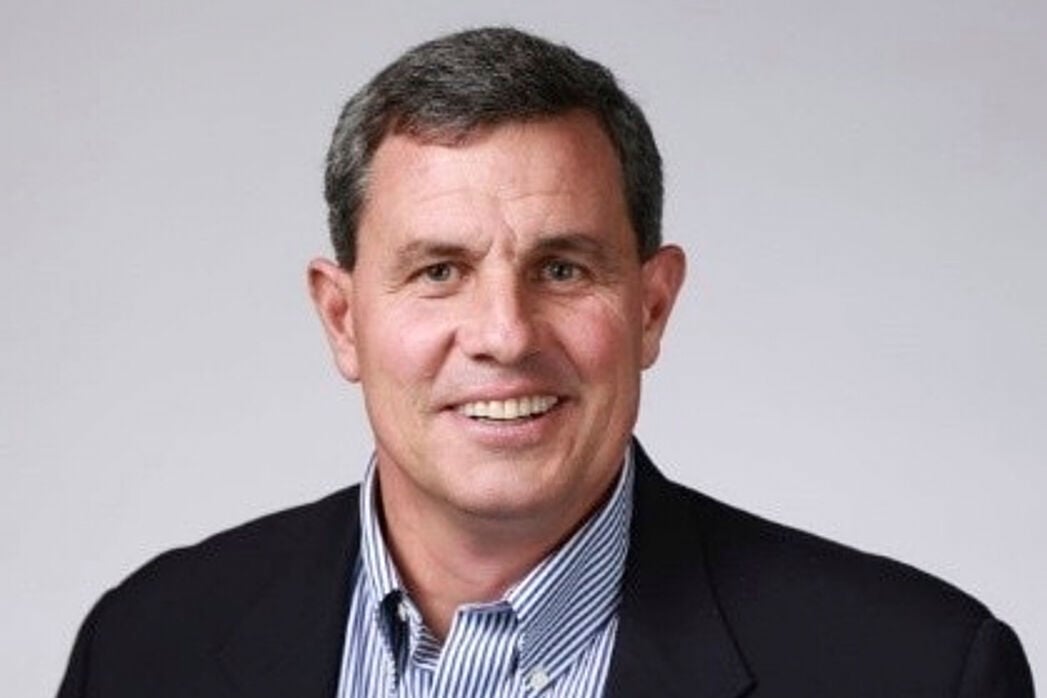
ATLANTA — SEC Commissioner Greg Sankey managed to flex with a hint of humbleness during his opening remarks to kick off SEC media days at the College Football Hall of Fame on Monday.
Sankey touched on the hottest topics facing the conference and college athletics while making it clear the powerful SEC would be playing a leading role on those issues. Among them are the potential for expanding the College Football Playoff and the NCAA basketball tournaments; the future of revenue sharing and name, image and likeness; the NCAA transfer portal; and the percolating idea of an autonomous super conference.
“For all of you that like to speculate about a super conference, welcome to one,” Sankey said at one point. He also referenced one of the takeaways from the SEC spring meetings held in late May in Florida.
“One of the encouragements from our presidents during our time in Destin was that we should gather the four commissioners and two presidents from each of those four (“power”) conferences to talk about our future, as we may have a different role in the NCAA,” Sankey said.
Sankey, who is entering his 11th year as commissioner, said a recent memo of understanding regarding the potential expansion of the College Football Playoff very clearly gives the SEC and Big Ten a role in the decision-making authority and that he had spoken to Big Ten Commissioner Tony Petitti four out of five days last week.
“Ultimately we have to use that authority with great wisdom and discretion,” Sankey said. “But unless people want to tear up (the memorandum), we’re going to have 5 (conference champions) plus 7 (at-large berths), 5 plus 9, 5 plus 11.”
Sankey applauded the recent modification by the College Football Playoff to seed the teams in line with the selection committee’s rankings rather than reserving the top four seeds for the highest-ranked conference champions. That scenario last year led to Boise State and Arizona State being given the Nos. 3 and 4 seeds and having a bye before being eliminated by Penn State and Texas, respectively.
The revenue-sharing plan with college athletes, put into action on July 1 following a long-awaited settlement in the House v. NCAA lawsuit, will almost certainly face legal challenges and tweaking, but at least it provided a framework, Sankey said.
He brought up a metaphor comparing the ongoing issues in revenue sharing with running a marathon, of which he has completed 41.
“It’s been a while, but I do remember the importance of getting it off to the right kind of start,” he said. “That doesn’t mean you feel great in the first two miles, nor does it mean … that everything works perfectly in the first two weeks of settlement implementation.
“There’s been plenty of naysayers in the last 14 days, but the settlement went into effect July 1, and we’re here July 14 while working through historic and transformational change. We’re in the middle of change, and in the middle of anything significant, it will get messy. That doesn’t mean you leave. In a marathon it doesn’t mean you step off the course.”
Perhaps the hottest issue in the SEC is whether the conference will remain at eight league games or expand to nine games for 2026 and beyond. Sankey said a decision on that should be coming shortly.
“It won’t linger terribly much longer,” Sankey said. “We have to make decisions about the ’26 season and adjust.
“If we’re going to go to nine games, then there have to be games moved or rescheduled. If we stay at eight, probably a little easier on that part of the logistics. Once we make a decision, in the conference office we’re pretty much ready to go.”
Sankey said he’d prefer setting up a longer-term scheduling plan than the two-year setup for 2024-25 that accompanied the entries of Oklahoma and Texas into the league.
He also said the complaints of those who say the SEC should go to nine games to equal the Big Ten’s scheduling format rings hollow.
“I don’t believe there’s anyone looking to swap their conference schedule and its opponents with the opponents played by SEC conference teams in our conference schedule, be it eight or nine,” Sankey said.
Sankey did not propose any ideas regarding changes to the NCAA transfer portal that is vexing coaches across the country, but he did talk about the issue.
“I think the most frequent question I’m asked one-on-one, including in airports as late as yesterday, is, ‘What are you going to do about the transfer portal?’ ” Sankey said.
On the topic of expansion of the NCAA Tournament, Sankey said “in general we are supportive,” adding that nothing in college basketball is static.
“Tournament expansion is certainly worth exploring,” he said before touting the SEC’s record 14 teams in the men’s tournament last year. “As last season showed, the Southeastern Conference is going to be fine whether the bracket expands or not.”
Sankey’s first 10 years included massive changes in college athletics and he said it’s not slowing down.
“We’re living through a transformational moment across college sports,” he said. “In fact, if you take a step back and go look at the iterative changes over time, I don’t think there’s been a time in the last hundred years where so much change is in front of the college athletics enterprise as exists right now.
“It’s actually amazing and exciting to consider the importance of the time during which we lead and serve.”
1



































 | NBA Countdown
| NBA Countdown


































 BREAKING: NBA MVP Shai Gilgeous-Alexander signs the RICHEST annual salary in league history
BREAKING: NBA MVP Shai Gilgeous-Alexander signs the RICHEST annual salary in league history